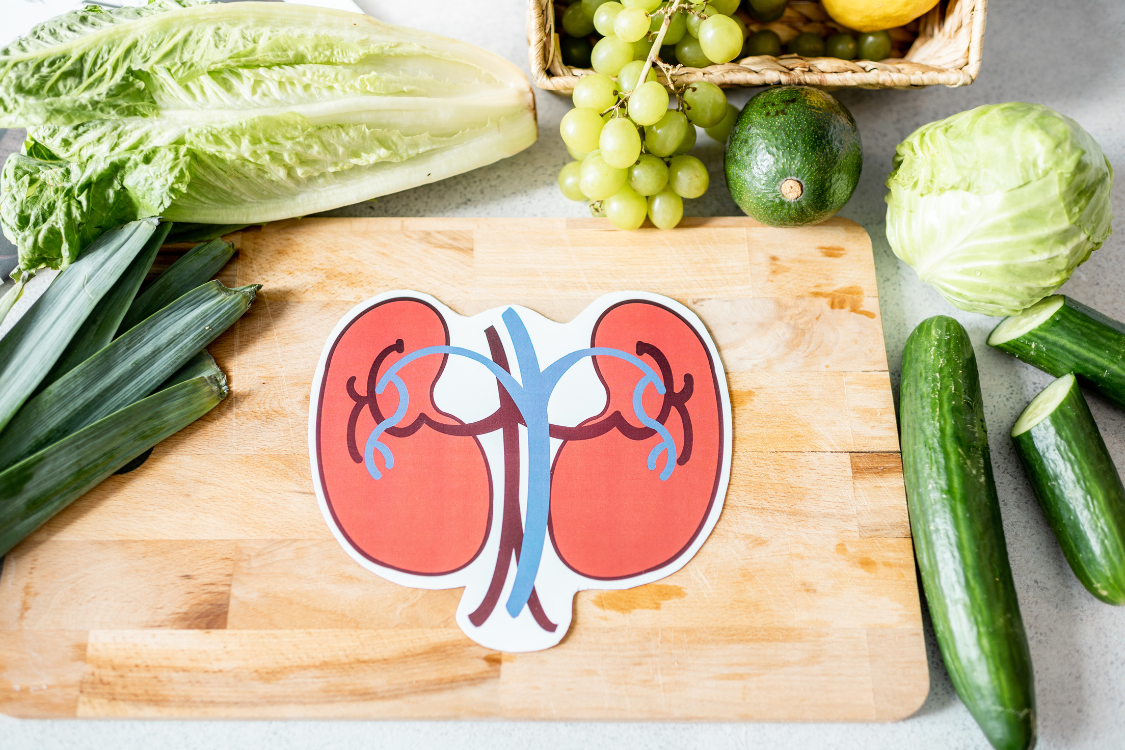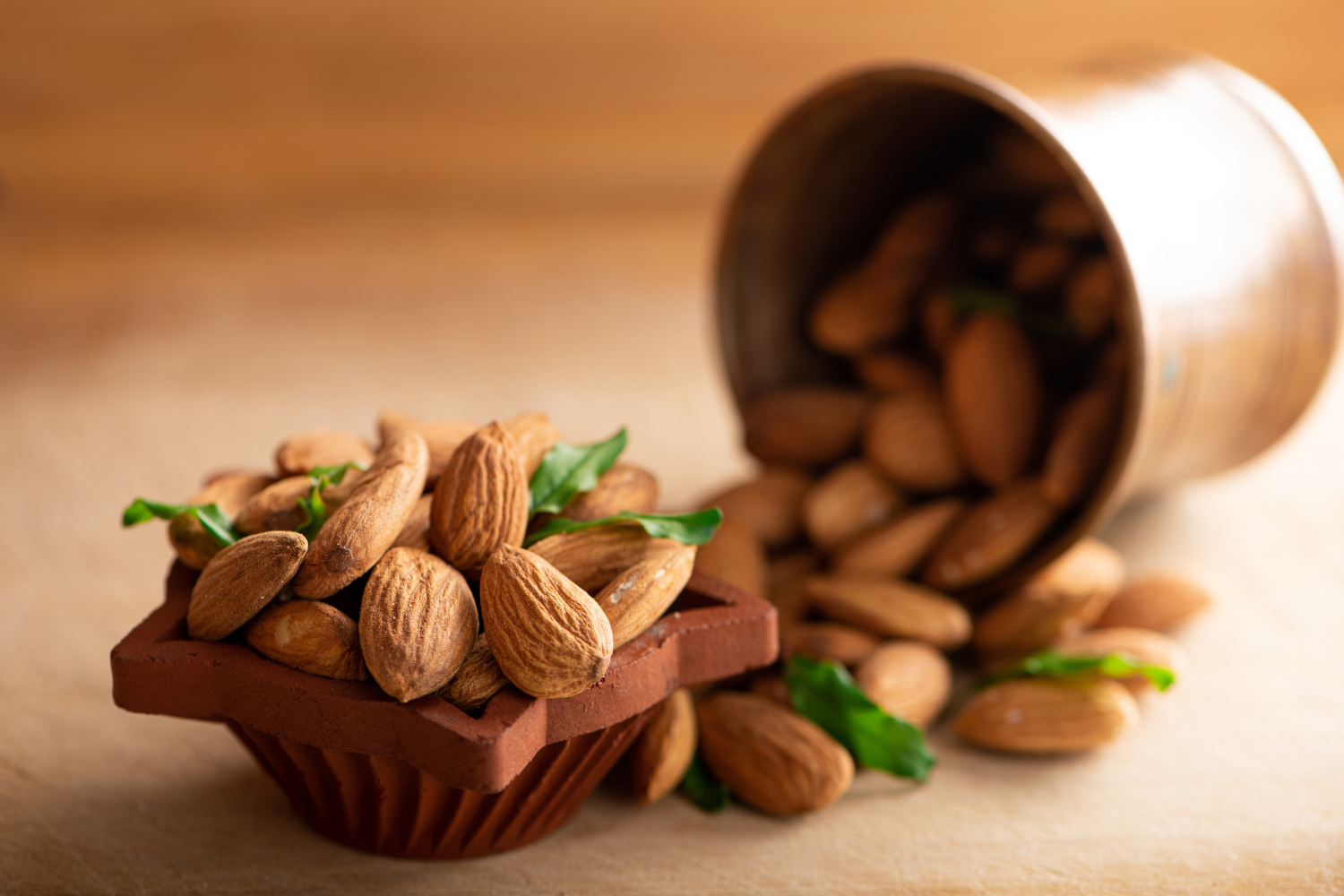Kidney Health
-

What Foods Cleanse the Kidneys? Best Foods for a Kidney Detox
Poor renal function increases the chance of developing kidney stones, chronic kidney disease, and even kidney failure. The good news is that certain foods can help cleanse your kidneys naturally...
-

How to Cleanse Kidneys Naturally: Tips for a Healthy Kidney Detox
Some natural habits, like staying hydrated and eating kidney-friendly foods, may support kidney health. This article will show you how to cleanse your kidneys naturally and keep them healthy.
-

What Tea is Good for Kidney Cleanse? Best Herbal Teas for Detoxing Your Kidneys
This article introduces some of the best herbal teas for cleansing the kidneys and explains how they can promote strong, healthy kidneys.
-

How Potassium Citrate Can Help Prevent and Treat Kidney Stones: A Comprehensive Guide
Potassium citrate therapy is a well-studied treatment that helps prevent certain types of kidney stones by increasing urinary citrate and raising urine pH. This guide explains how potassium citrate can...
-

Fruits That Are Good for Gout: What to Eat for Gout Relief
Eating the right fruits as part of a low-purine, balanced diet can help manage gout, control uric acid levels, and lower the risk of developing gout or making gout symptoms...
-

Chanca Piedra Benefits: The Ultimate Guide to This Powerful Herbal Remedy
Chanca piedra supplements, often made from the entire plant, continue to gain attention for their role in managing uric acid levels, protecting against oxidative stress, and supporting overall wellness.
-

Is Spinach Bad for Gout? What You Need to Know
Since diet plays a major role in managing uric acid levels, knowing which foods to limit is key. This article explains how spinach fits into a gout diet and what...
-

Is Almond Milk Good for Gout? What You Need to Know
Almond milk has gained popularity as a dairy-free option, but questions remain about its impact on gout. This article examines how almond milk fits into a low-purine diet and whether...
-

Gout and Liver Disease: Understanding the Connection and How to Manage Both
Recent studies show a significant association between increased serum uric acid and liver fibrosis, cirrhosis-related complications, and poorer gout outcomes. Managing both conditions may help lower the risk of gout...
-

What Is Good for Joint Health? Best Foods, Supplements, and Habits
Choosing the right foods, maintaining a healthy weight, and developing strong bones and connective tissue habits may support joint health and help manage symptoms like pain and inflammation. This article...
-

How to Improve Joint Health Naturally: Effective Tips and Lifestyle Changes
Natural methods can help reduce inflammation, relieve joint pain, and support long-term joint function. This article shares practical, natural tips to help improve joint health and keep your joints strong,...
-

What Is the Best Supplement for Joint Health? Top Supplements for Joint Pain and Flexibility
Certain supplements are commonly used to support joint health and may help with flexibility and comfort. This article reviews the best supplements for joint health, backed by research, to help...












